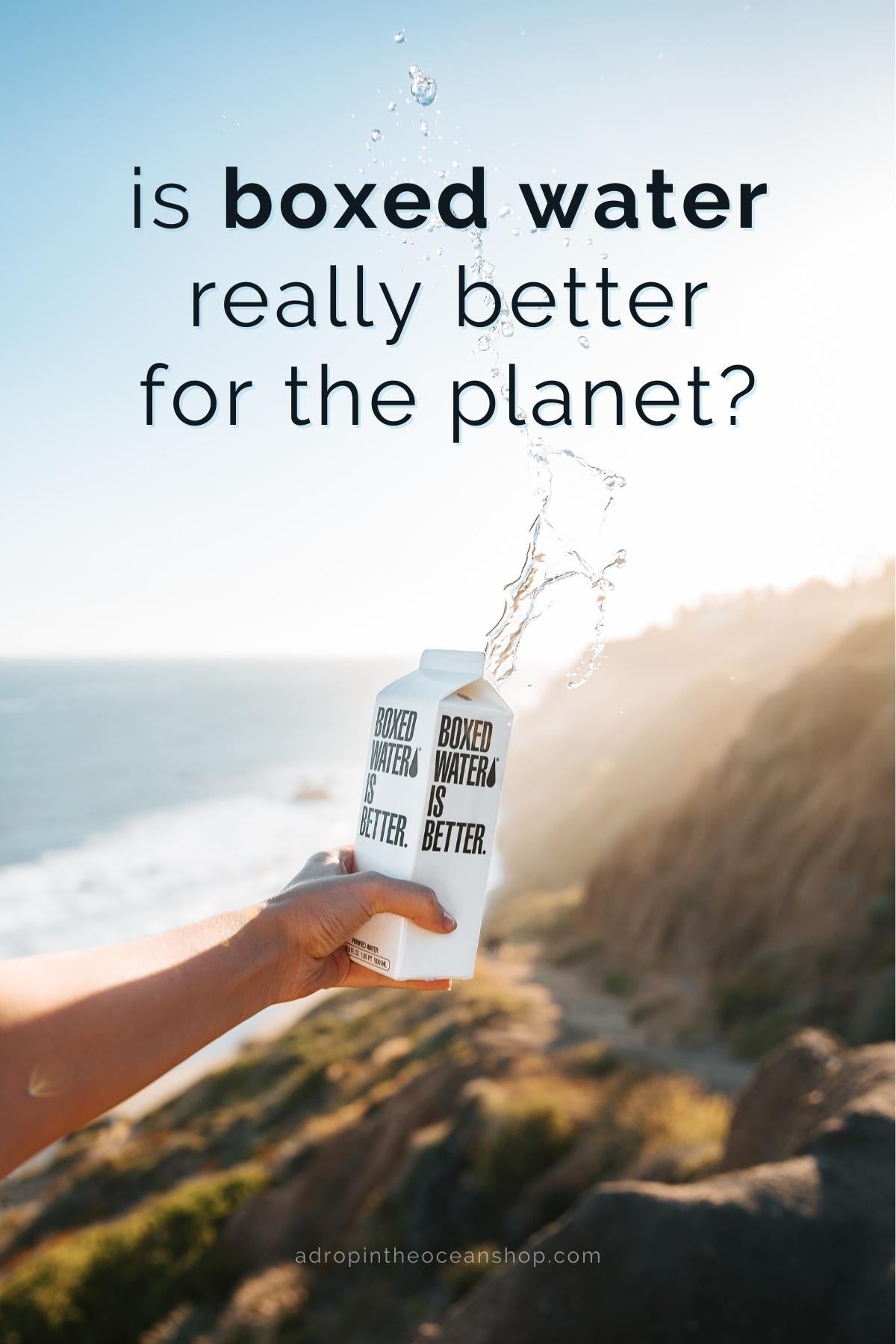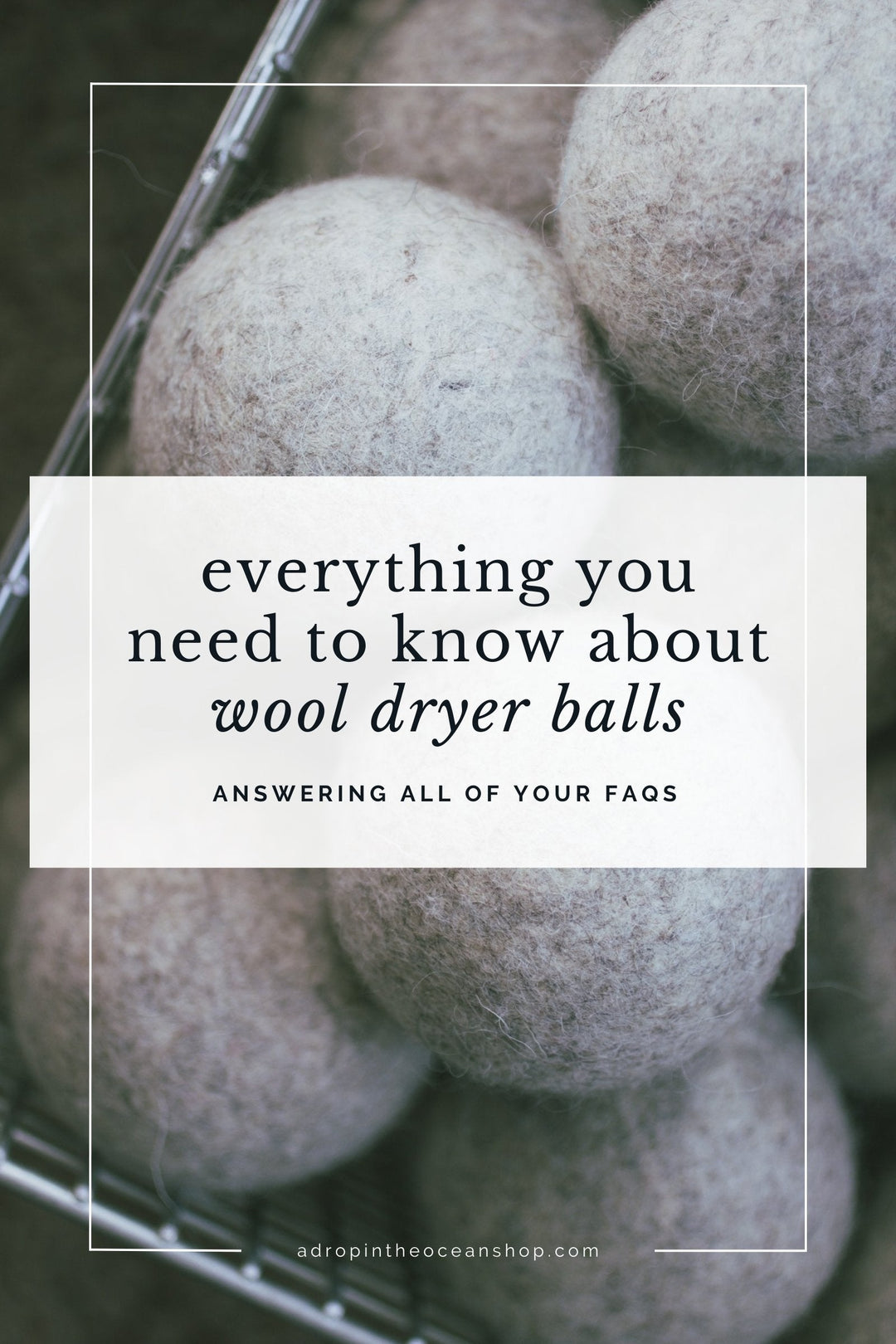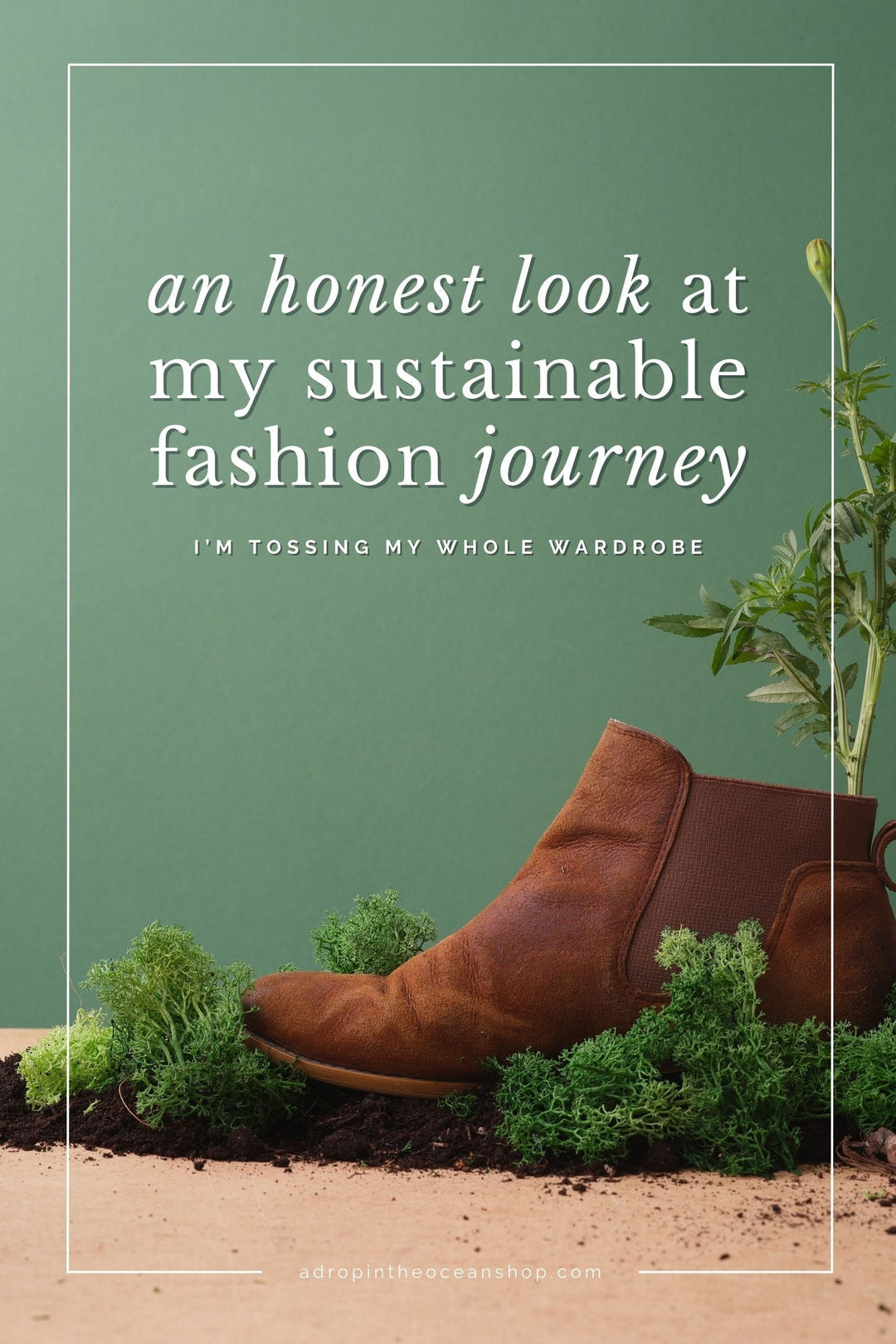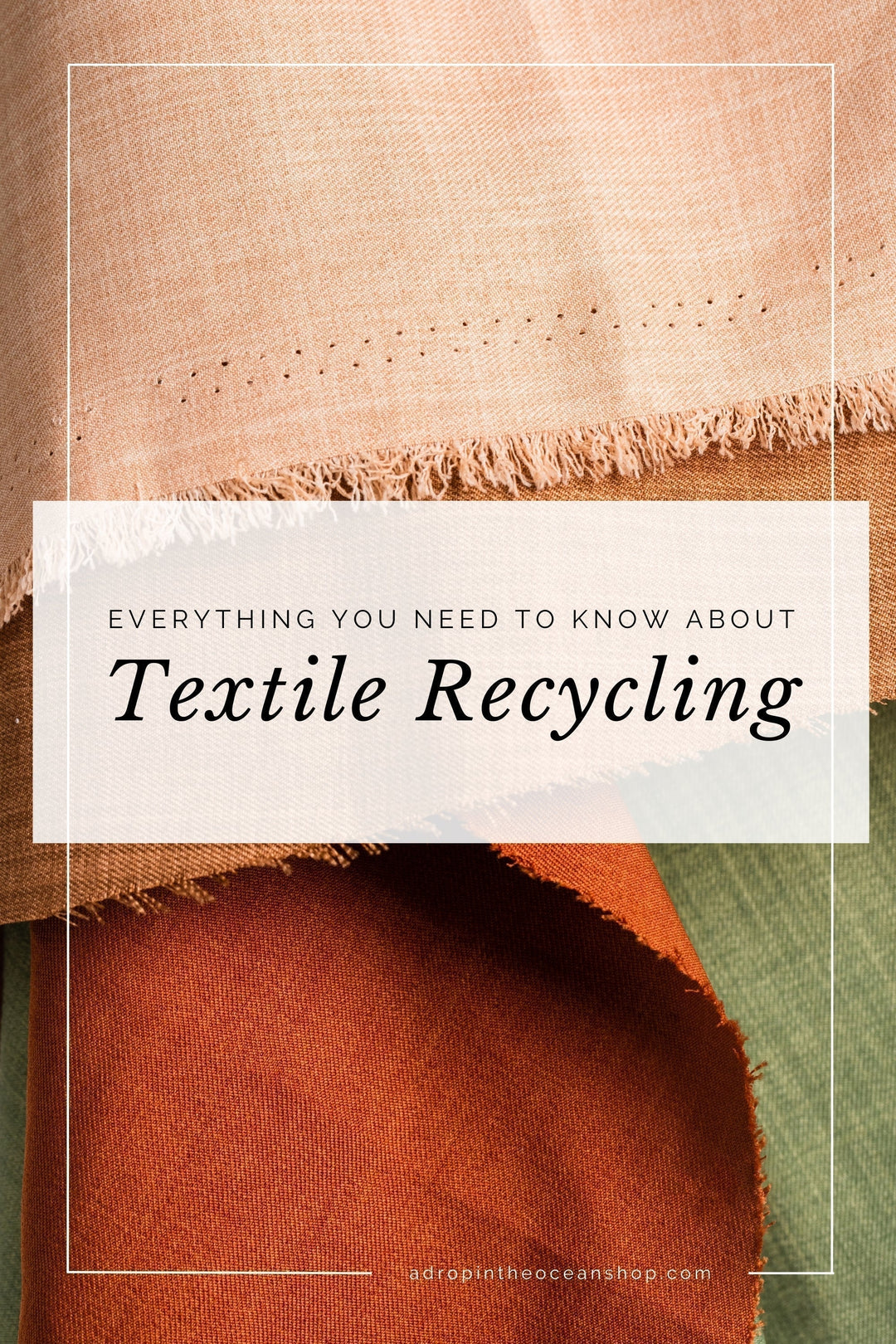Is Boxed Water really better?

This post first appeared in our weekly Make Waves Mondays email series on March 7, 2022.
I hope you've had a fabulous week friend! The new season of Outlander started yesterday and oh em gee I am excited for the rest of the season! It’s gonna be intense. (Are you also an Outlander fan, per chance??)
This week I’m finally tackling a topic that’s been sitting in my idea notebook for what seems like a million years now - Boxed Water.
You’ve probably heard of Boxed Water, or maybe their slogan, Boxed Water is Better.
But… Is boxed water really better?
What is Boxed Water?
Boxed Water is a brand of prepackaged water that’s packaged in cartons rather than plastic bottles. They’re based out of Michigan with a second filling station in Utah.
As with any other prepackaged water, their water is simply tap water that’s been packaged in something other than your faucet.
The company was founded back in 2009, but started to pick up steam around 2013. I first heard of them back in 2017 when a colleague reached out to share that the organization he worked for was starting to carry Boxed Water instead of bottled water and how much better it was for the planet. Because at that point in the zero waste world, the general consensus was all plastic sucks, all the time.
What are Boxed Water’s cartons made of?
Okay so the whole idea behind Boxed Water is that it’s a better, more sustainable alternative to plastic bottles of water. So what are the Boxed Water cartons made of?
Boxed Water says their cartons are made from “92% renewable resources,” as well as “made from paper.” But what does that actually mean?

Boxed Water cartons are:
- 66% paper
- 26% plant-based plastic
- 5% aluminum
- 3% plastic
The carton cap is also made from a plant-based plastic, and it’s not clear if it’s the same plant-based plastic as that within the carton itself.
With all of these different materials, the cartons are considered “mixed material” products. There are lots of different materials all mixed (or glued, or otherwise combined) together to create one final product.
Are the cartons really “100% recyclable” as claimed?
This is where things get tricky. And I’m gonna say, in short, no.
Mixed material products, like these cartons, are super hard to recycle. That’s because in order to recycle them properly all of the different materials have to be separated from each other and recycled individually.
As you can imagine, this takes a very special piece of machinery to separate that paper, “plant-based” plastic, aluminum, and plastic - and think about how thin all of those layers are in order to be the thickness of the carton walls!

Graphic from an article published in Recycling in 2021 by Gordon L. Robertson.
On their website, Boxed Water links to the Carton Council’s website for information on carton recycling.
But this website is giving me maaaajor red flags - and crazy similar vibes to Domino’s Pizza recycling website.
First of all, the Carton Council is made up of carton packaging manufacturers. So all of the information they’re going to put out is going to be aimed at taking the responsibility off of themselves and back onto the consumer.
We need manufacturers to stop putting the end-of-life burden on consumers for goodness sake. I’m so over it.
So let’s talk about carton recycling in the US.
According to the Carton Council, in 2008, 18% of households could recycle cartons, but as of 2019, 61% of households have access to carton recycling.
But that’s just access. That number reflects how many people could potentially recycle cartons, if done properly.
But if we look at the numbers for actual curbside recycling rates, we’re still only at 18%, as of 2019 - up from just 6% in 2009. So clearly, these cartons aren’t actually being recycled.
According to the Carton Council’s website, to recycle cartons, all you have to do is put them in your recycling bin. Don’t flatten, don’t remove any caps, and they even say if there’s a straw with the carton to push it into the carton before putting it in the recycling bin.
It’s got me feeling some kind of way…

First of all, especially for something like beverage cartons that are so hit-or-miss as to whether or not they’re actually accepted for recycling where you live, these types of “guidelines” are trash. If cartons aren’t accepted in your city at all, you’re just contaminating the recycling and could be causing even less to be recycled.
Second, there’s no mention of cleaning out the containers before putting them in the bin. Even if cartons are accepted where you live, recycling always needs to be empty, clean, and dry before going in the bin. Otherwise, it’s contaminated, which, again, means it won’t be recycled and could cause even more harm to the recycling system.
Third, if cartons are accepted where you live, some cities require caps to be removed, some don’t. So you can’t just say “toss the carton in the bin with the cap on,” when that may be completely inaccurate.
Fourth, I have never - not once - heard of straws being accepted for recycling anywhere. So WHY on Earth would I want to push a straw back inside the already-difficult-to-recycle carton before putting it in the recycling bin? It’s just adding complexity to the recycling system, potentially more contamination, and again, more harm than good.
Fifth, in relation to my second point above, if you’re not removing the straw, how are you rinsing out the carton? Empty, clean, and dry, my friend.
Recycling vs. Downcycling
Let’s talk about what recycling actually means for a sec.
True recycling would mean that an item is being completely remade into the same thing again.
For example, aluminum cans are 100% recyclable. They can be remade into a new aluminum can and back on grocery store shelves with no loss of quality within 60 days. It’s the most effective and most efficient material to recycle. Fun fact, recycling aluminum only takes 5% of the energy that would be used to make virgin aluminum.
Glass is also 100% recyclable, and also super reusable because it’s so durable.
Paper is somewhere between “recyclable” and “downcyclable.” (I don’t actually think that’s a word but we’re going with it.) Paper can be recycled back into new paper, but every time it’s recycled the fibers get shorter and shorter, so it can only really be recycled five to seven times. That’s also why we don’t usually see 100% recycled paper products, because it’s often mixed with some new virgin paper to keep the structural integrity intact.
Usually, the last time paper is recycled, it’s turned into paper towels or toilet paper, because the fibers are so short. This is why paper towels aren’t recyclable! The fibers are too short.
Plastic, on the other hand, is really only downcyclable. You can’t take a plastic water bottle and turn it back into another plastic water bottle. Instead, that bottle is going to be turned into something like a park bench or a sweater. While this is a great way to keep resources out of landfills, it does absolutely nothing to reduce the demand for new, virgin plastics.
Plus, the thinner plastic is, the more difficult it is to “recycle” it at all. That’s why things like plastic bags and plastic film are pretty much not accepted for recycling anywhere. There’s no demand for it because there’s not really anything we can do with it, especially not anything cost-effective.
So when we’re looking at these cartons, how recyclable are they?
Well, we’ve already established that each of the layers is pretty darn thin, and therefore pretty darn difficult to recycle. And especially when we take into account the “plant-based plastic” that Boxed Water uses, it’s gonna be even more difficult, because plant-based plastic isn’t recyclable.

What’s recycled into what? Graphic from a presentation at a MRF (Materials Recovery Facility) in Columbus, Ohio.
What’s happening with the materials in the cartons?
So let’s look at the makeup of Boxed Water cartons again and let’s assume that the cartons are actually accepted for recycling in your city. What’s happening to each of those materials?
66% paper. The most likely piece of the carton to be recycled (*ahem* downcycled). These are gonna be real short fibers, so it’ll probably be made into toilet paper. No reduction in demand for virgin paper.
This is also the only material mentioned on the Carton Council’s website with regards to recycling. That tells me it’s the only material in the carton being “recycled.”
P.S. While the paper used in Boxed Water cartons is FSC-certified, it’s still virgin paper. As far as I can tell, the paper in these cartons is 0% recycled.
26% plant-based plastic. I can almost guarantee this is trashed. It can’t be recycled, and I highly doubt the MRF (materials recovery facility) is taking the time to collect it all and send it to an industrial composting facility.
5% aluminum. Probably trashed. It’s likely an aluminum foil thickness, not aluminum can thickness. Foil actually melts at a different temperature than aluminum cans, so it’s pretty impossible to recycle. (If you’re in Tacoma, aluminum foil is not recyclable at all! Don’t put it in your bin!)
3% plastic. The quantity - and quality - of plastic that could be recovered from these cartons is so minimal that I can almost guarantee this is being trashed, too.
So… Is Boxed Water really better?
While there is less plastic in Boxed Water than plastic water bottles, I gotta say, my hot take of the day is that Boxed Water isn’t actually better.
I couldn’t tell you the last time I bought pre-packaged water, but if I was in a pinch and was standing in a store looking at water options and I had to choose between Boxed Water and a plastic bottle, I’d choose the plastic bottle.
Now, let’s be clear - neither option is great.
But at least I know that where I live, I can “recycle” that plastic bottle. It won’t be turned into a new plastic bottle, but it will be turned into something and saved from a landfill.
The Boxed Water, on the other hand, where I live especially, would go straight to a landfill. Even if I could put it in my recycling bin, a smaller portion of that carton would be “recycled” than the plastic bottle.
Of course, the best option is a reusable, refillable, water bottle.
Every time I leave the house, I’ve got those four things with me.
So when we think about how much time, energy, and money Boxed Water is spending on promoting their mostly unrecyclable product, trying to tell us it’s the better option… How much more of a positive impact could they have on the planet if they instead spent that time, energy, and money investing in systems to increase access to clean water? Promotions to encourage reusable bottle use? Lobbying to improve regulations around water and recycling?
There are so many better ways to invest in our planet.
Boxed Water isn’t it.
But I want to hear your thoughts. What do you think about Boxed Water? Do you think it’s better? Did I miss anything from this analysis? Comment below and let’s chat!
I hope you have a great week, my friend.
Featured image credit: Boxed Water via Unsplash
Related:
How sustainable (and ethical) is Blueland?
My Exact Step-by-Step Process for Spotting Greenwashing









I grabbed a case or two a week after Helene. I recently moved to a place that’s on a well, but the water tastes like rusty pipes, yuck. It was so nice having a case of liters in the boot of my car. I’m trying to figure out how I’m going to get 2 liters of water per day where I’m staying. Might end up with a 5 gallon jug. Why can’t they just make them like milk cartons?
1st: The price automatically made it a No Go!
2nd: I assumed that the boxes were more environmentally friendly than they actually are.
3rd: I’ve been using stainless for years now & will stick with that.
Thank you for this. I suspected as much when I broke down the carton and saw it was lined with foil. I’m thinking I’ll spring for a gallon size steel container and refill that.
Very informative— thank you. Are we at the stage now where we could have a 100% compostable container—as opposed to trying to perfect the 100% paper recyclable container — other than aluminum -/ does not appear feasible at this point
This is exactly what I thought would be the situation with boxed water. Thanks for the breakdown with regard to it’s “sustainability”
Leave a comment